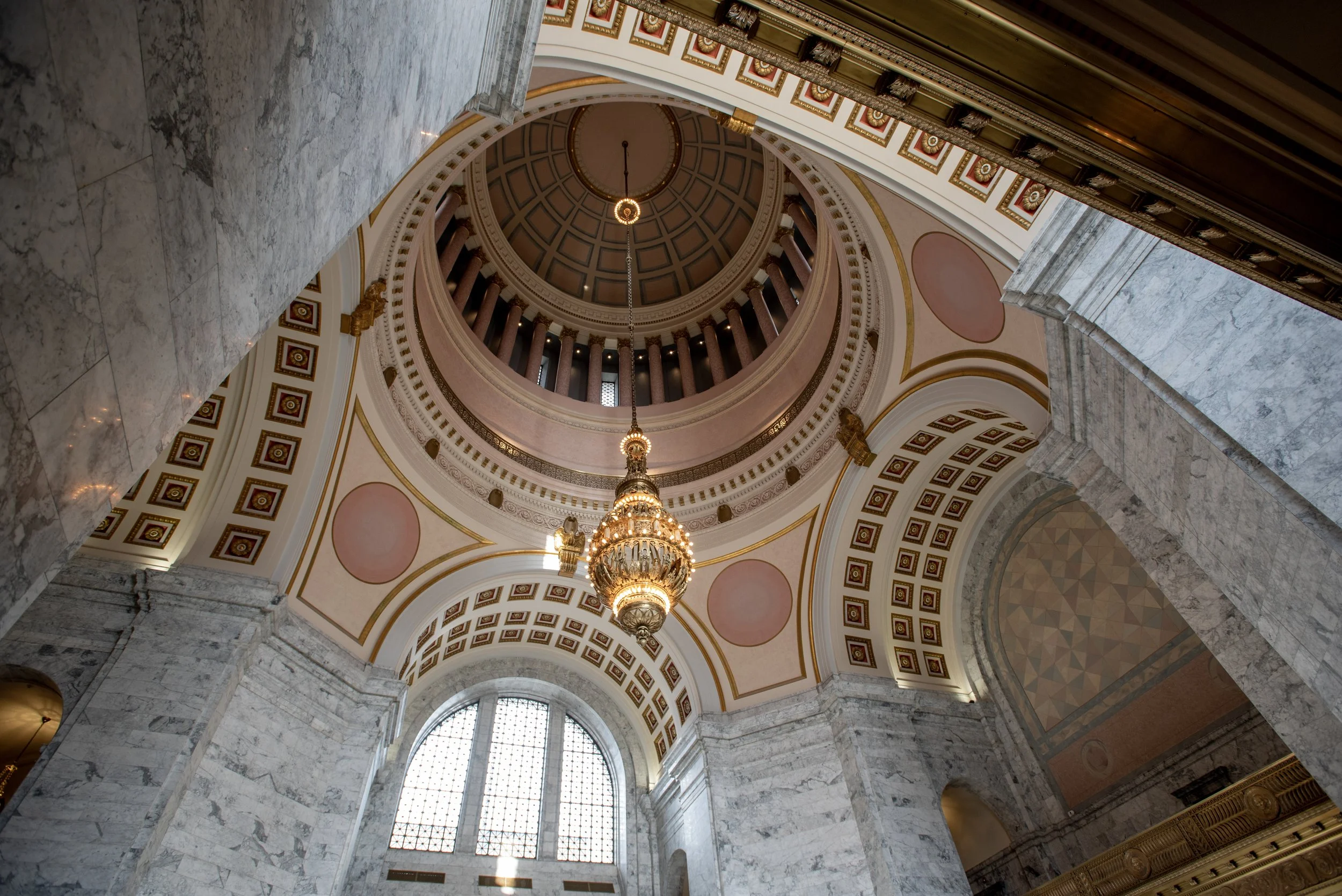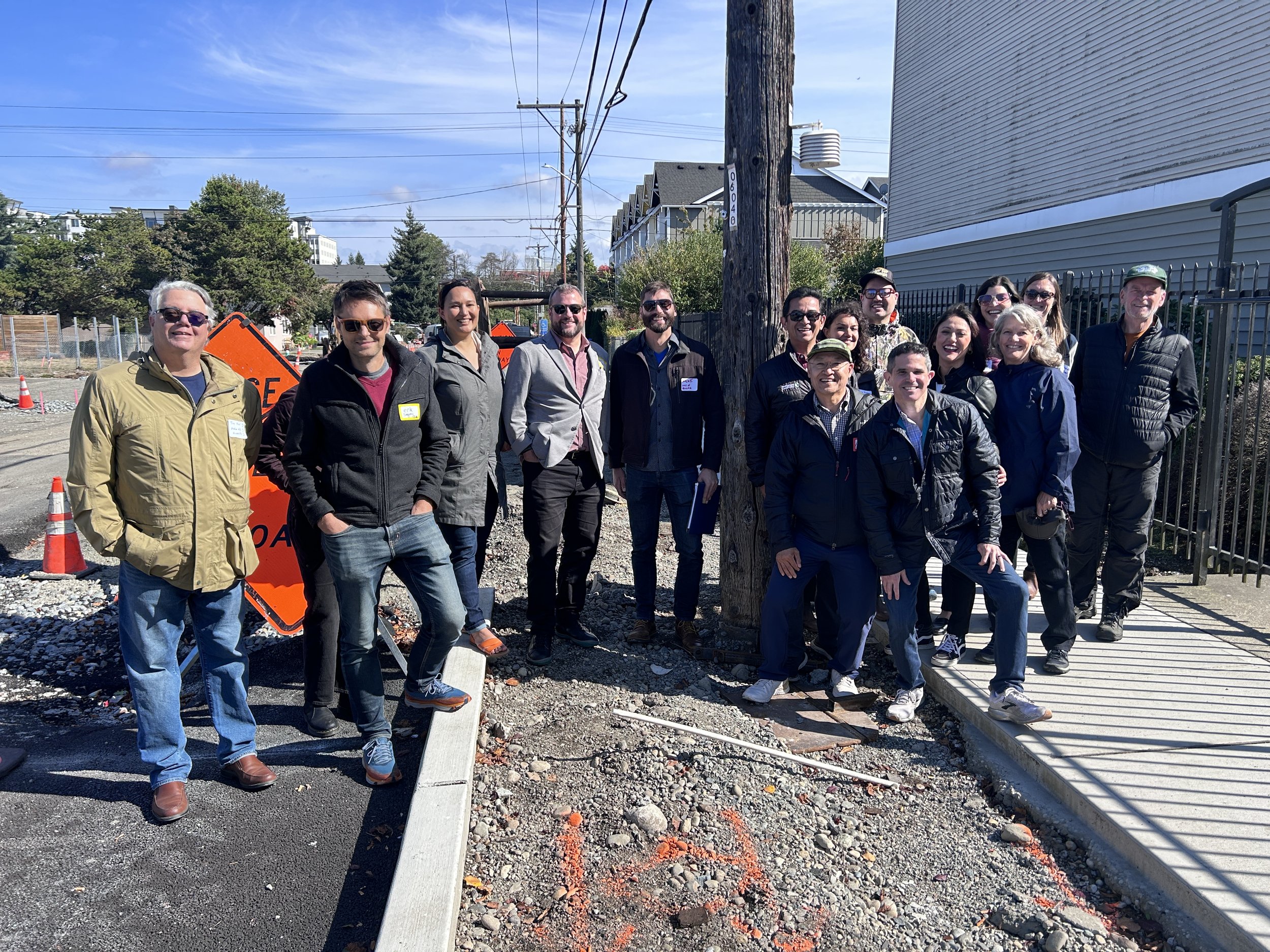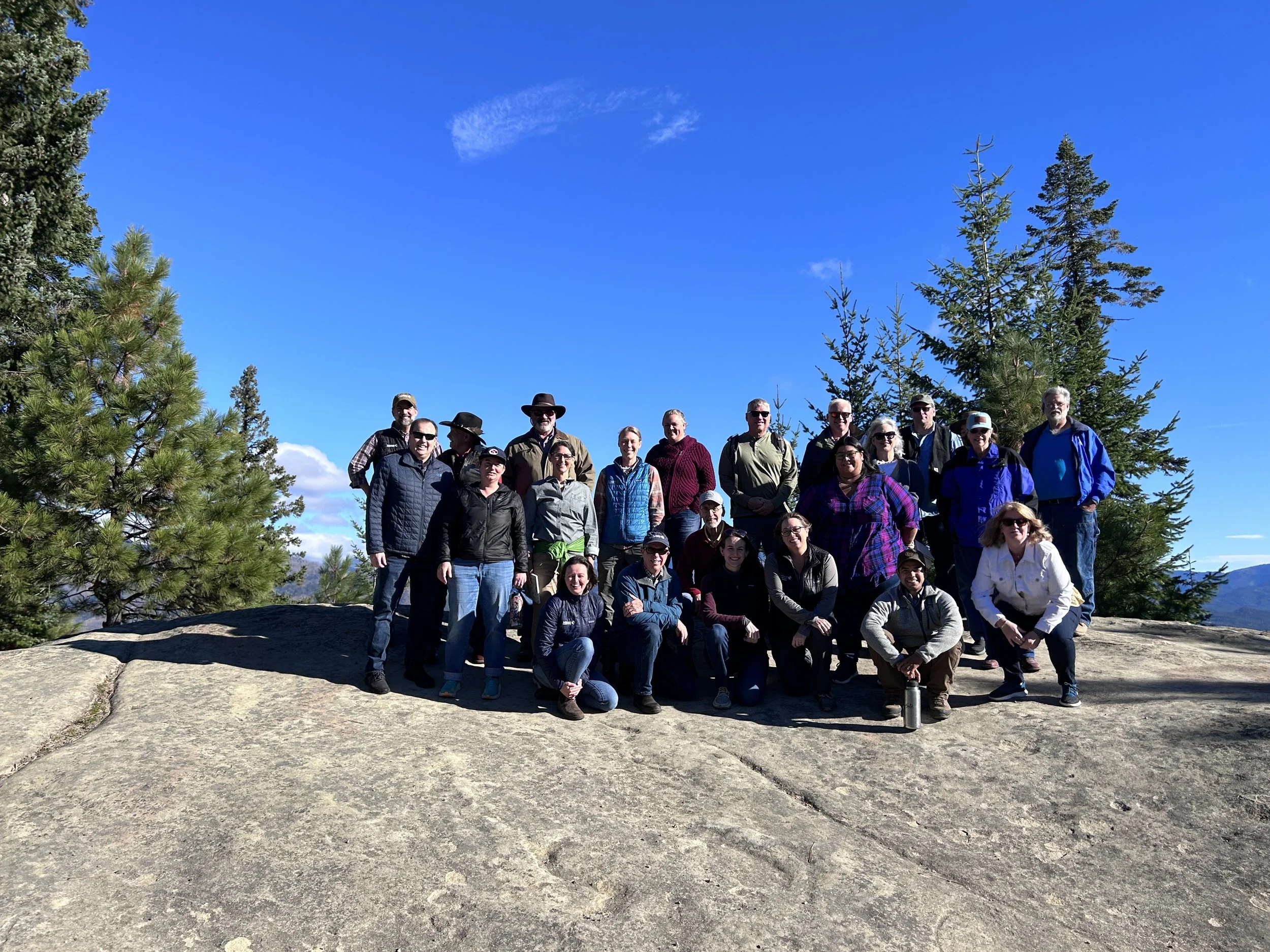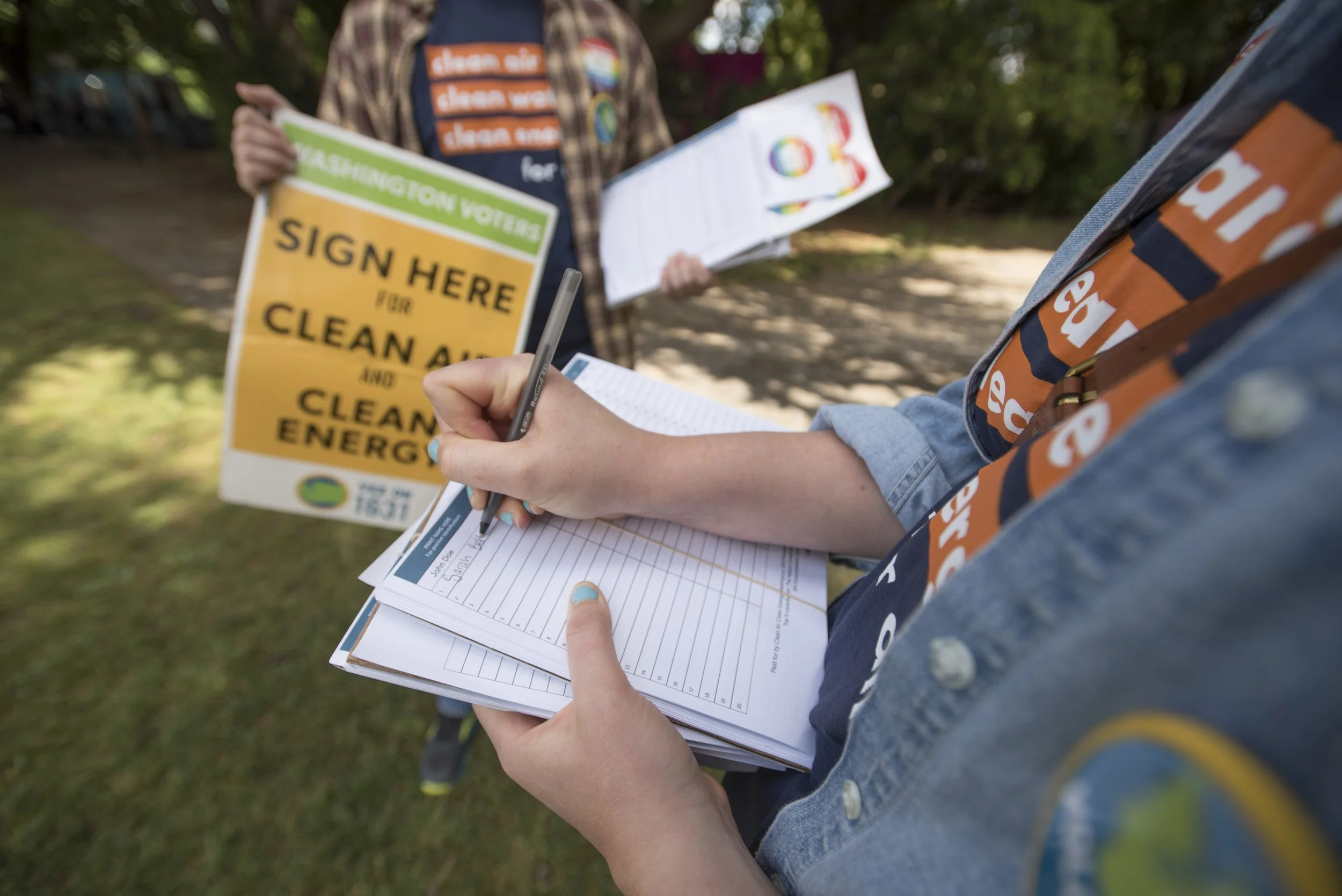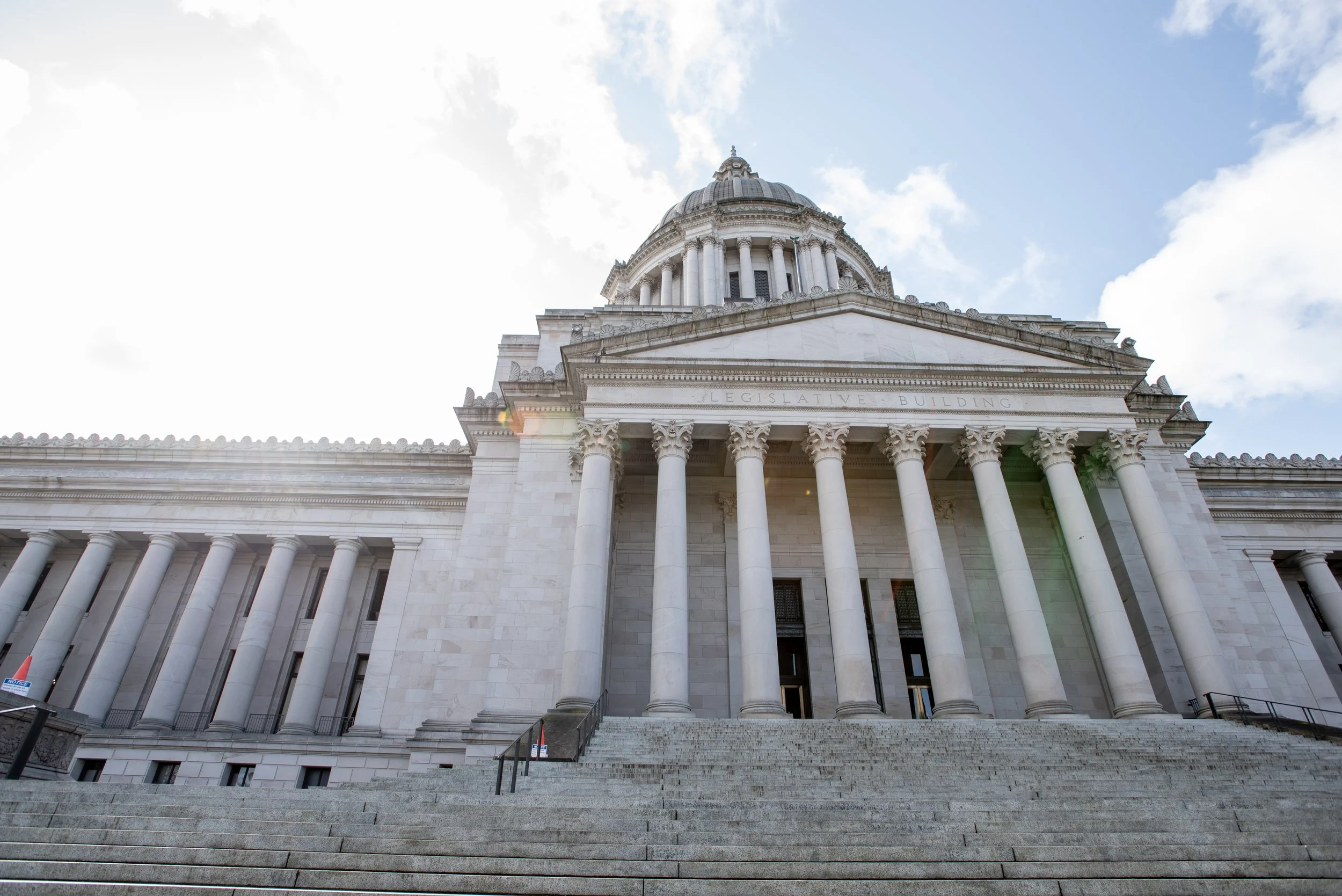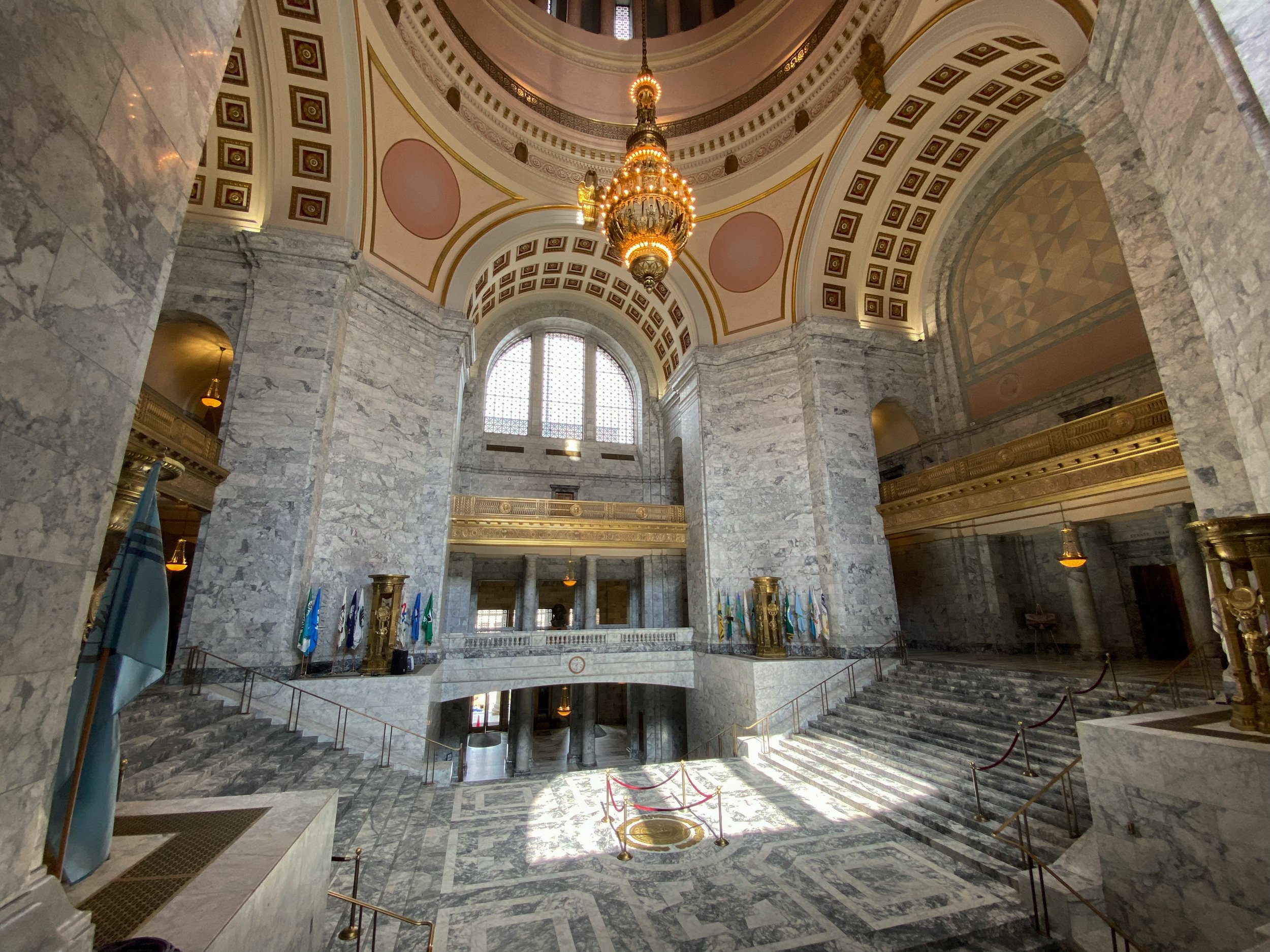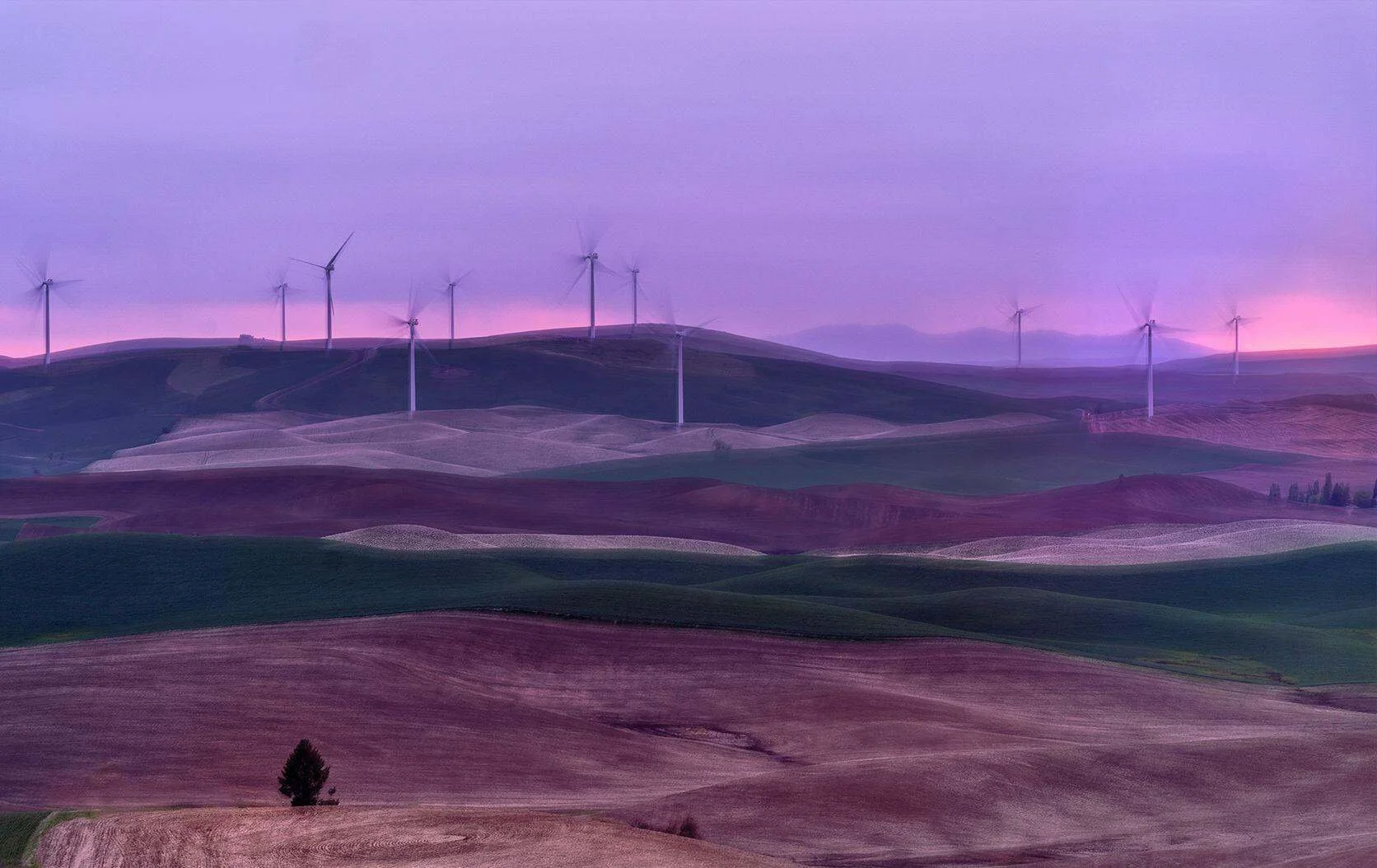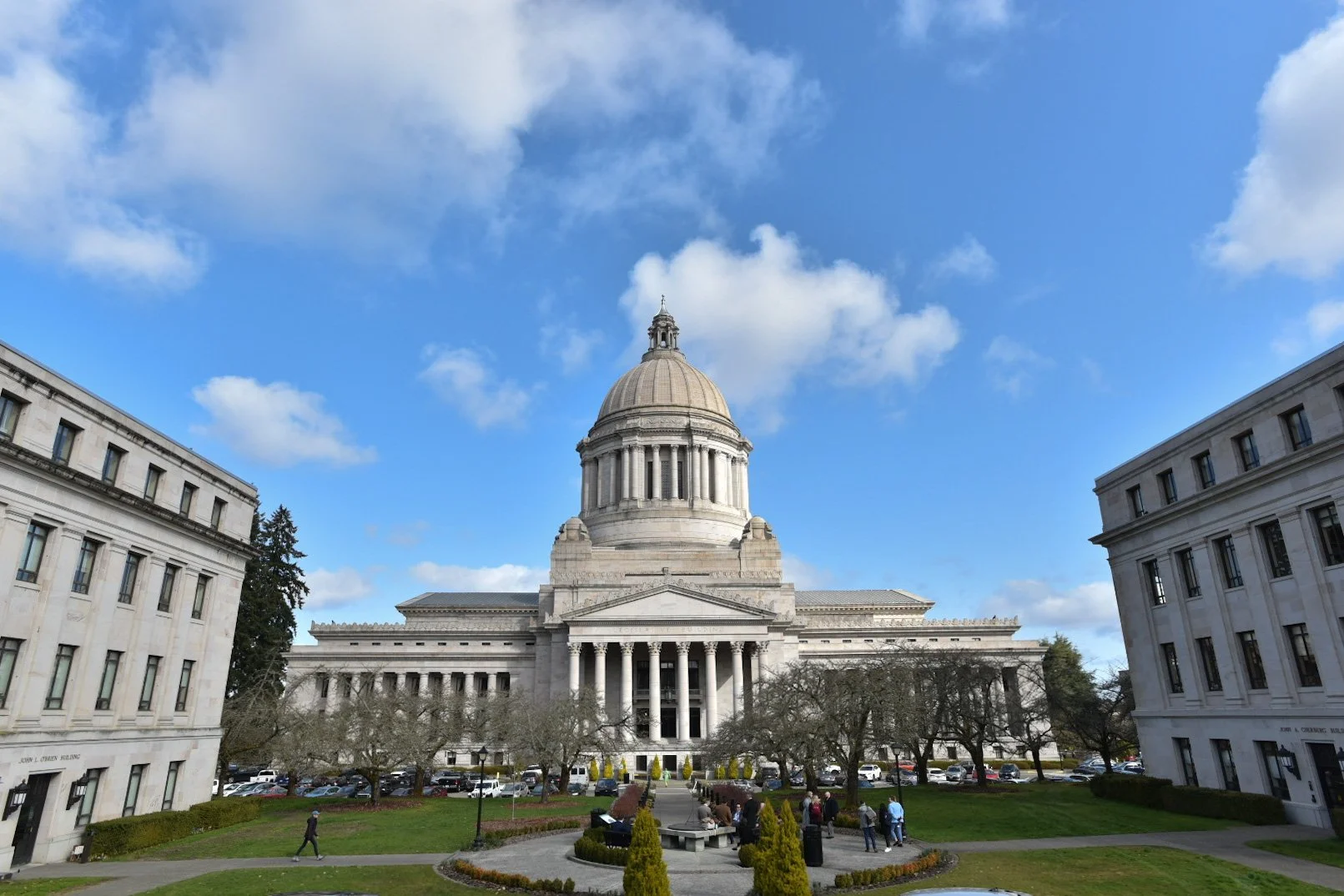The Washington Legislature adjourned Thursday after making some good progress for nature and people, but without enacting the bold climate policies Washington - and the world - need.
Though the Climate Pollution Limits bill (HB 2311) is set to become law with Governor Inslee’s signature, lawmakers failed to pass two crucial tools for helping Washington accomplish the goal of net-zero greenhouse gas emissions by midcentury. This target, laid out in HB 2311, acknowledges the urgency of the climate crisis and the steps we as a state need to take to get there – namely, making drastic emissions reductions, which can be achieved once we put into place policies including a Clean Fuel Standard and updated state authority under the Clean Air Act.
Both a Clean Fuel Standard and a Clean Air Act authority update were in front of the Legislature this session. The Clean Fuel Standard (HB 1110) passed the House in 2019 and again this year. But the Senate failed to move it out of committee. The Senate also indicated they would also not approve HB 2957, the bill to update Washington’s authority under the Clean Air Act. These were the game-changing climate policies we needed in 2020 – that we’ve needed for years – with the power to clean up our air and water and lead to healthier natural systems and a brighter future for our kids.
“Lawmakers demonstrated that they understand there is a climate crisis for Washington communities by updating our state’s greenhouse-gas emissions targets and investing in climate resilience. It is thus all the more ironic that, despite progress in the House, the Senate failed to exercise leadership where it matters most, and did not enact major policies such as the Clean Fuel Standard that would have provided the very tools we need to meet our emission reduction targets.”
Conservation and environmental groups like ours were joined by health professionals, faith organizations, parents, workers and others in support of both policies this session, and we will continue to work to build support for them as we look forward to 2021. We’re united in our gratitude to many strong champions in the Legislature who sponsored and advocated for these and other forward-looking climate policies with the best interests and health of Washingtonians at heart.
As members of the Environmental Priorities Coalition, the Limits and Clean Fuels bills were top priorities for us. So was taking steps to stem the loss of critical salmon habitat to support orca recovery in Puget Sound. We’re glad that the supplemental budget includes funding for a plan to implement Net Ecological Gain, a more-sustainable approach to development that’s simply understood as “leave it better than you found it,” and a key recommendation of the Governor’s Orca Task Force. Conservancy staff will work with Tribes, state and local governments and stakeholders to move this proposal forward in the 2021 legislative session.
Nature is a Climate Solution
The update to our Climate Pollution Limits is important: agreeing on a goal is an essential step toward achieving it. The policy also acknowledges the power of nature to help us get there, including by sequestering carbon in our soils, forests, wetlands and other natural and working lands across the state. We were heartened to see $50 million in Climate Resilience funding included in the state’s supplemental operating budget to support this kind of work. We know nature is our biggest ally in the fight against climate change, and we should leverage this advantage.
The capital budget also includes funding to support the development of Community Forest projects for funding consideration in the 2021-23 biennium. Community Forests across the state look different depending on local circumstances, but the model is meant to support forest health and resilience, local economies and each community’s unique priorities.
We were also glad to see Legislature’s strong funding the Washington Department of Fish and Wildlife, a significant improvement from last year. We’re eager to continue our work in a public-private partnership to clean up stormwater runoff into Puget Sound under the Aurora Bridge and I-5 Ship Canal Bridge in Seattle, which lawmakers also supported in the supplemental budget.
Unfortunately, a bill to provide dedicated funding for wildfire preparedness and forest resilience did not advance this year. Sponsor Rep. Joe Fitzgibbon (D-West Seattle) made the case for proactively funding community and firefighter preparedness and forest health, echoed by news and opinion media across the state, including a piece by our trustee Martinique Grigg. We were lucky in 2019, with a cool, wet summer, but still lost more than 130,000 acres to fire. The need to get in front of our wildfire and forest health crisis remains urgent.
This session was a mixed bag for everyone who cares about clean air and water and leaving Washington state better than we found it. But we saw progress for climate, forests and Puget Sound. We’ll keep advocating for practical, science-based solutions that work for everyone in Washington through the rest of this year and going into the budget-setting session of 2021. We’re so glad you’re here with us.


